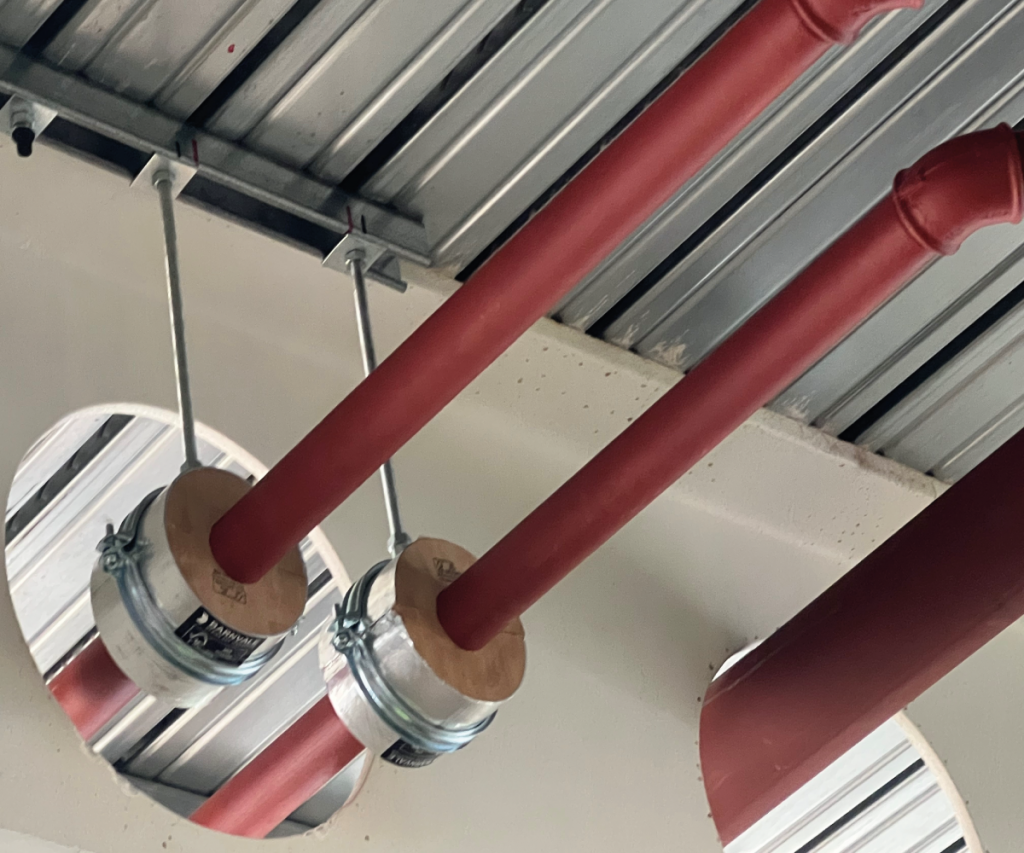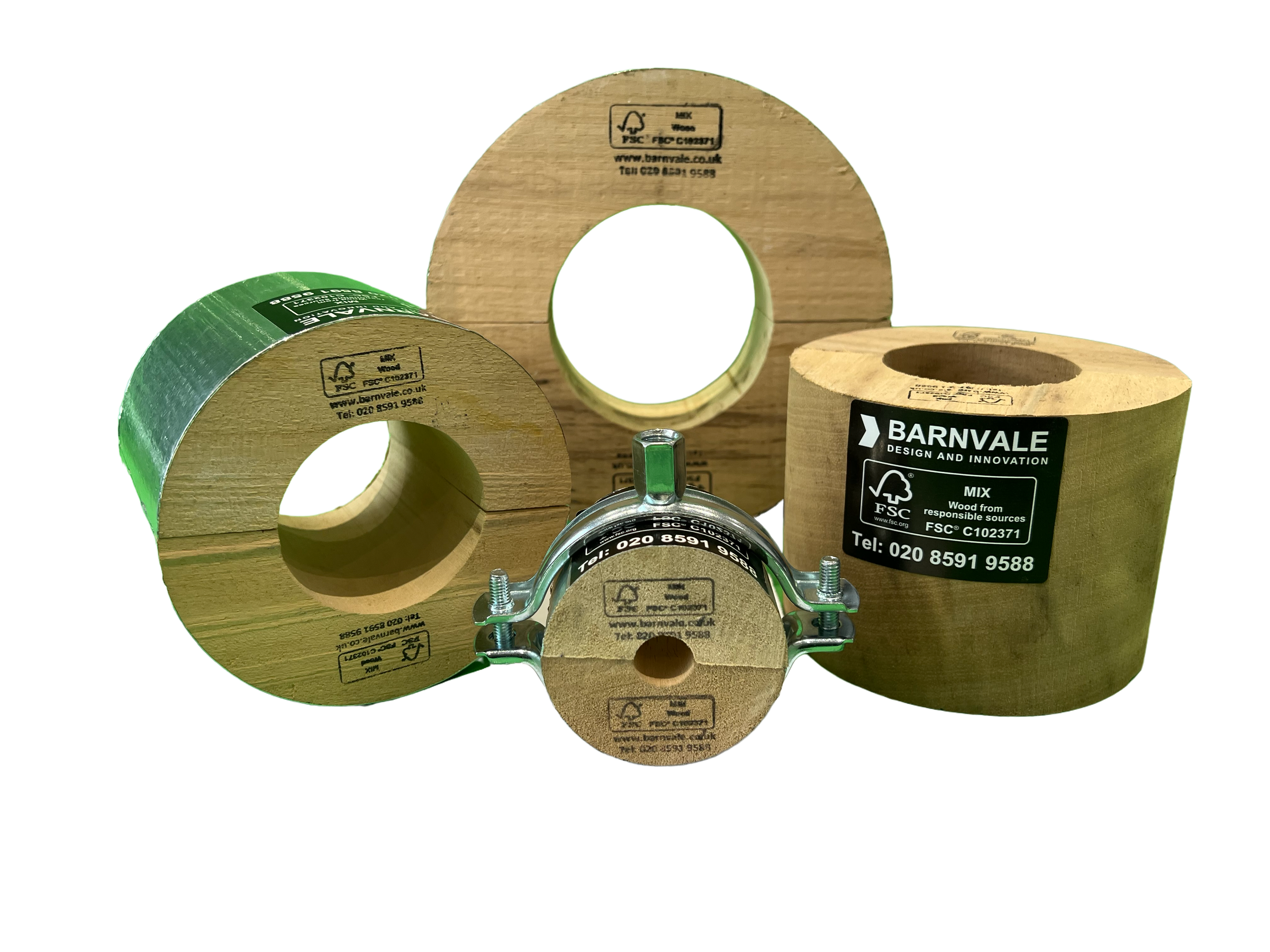

FSC® Hardwood Blocks
An evolving family run business that has been manufacturing hardwood insulation blocks since 1974. All supports are manufactured in designated units at our premises in Barking. Kiln dried before manufacture, with excellent load carrying capabilities and is very durable for site environments.
The maximum operating temperature is 100°C and we manufacture to all pipe diameters. Our hardwood blocks can also be cut to accommodate thermal expansion requirements.
Thickness: 15, 20, 25, 30, 35, 40, 45, 50, 60, 65 & 80mm
Lengths: 50mm, 100mm, 150mm & 200mm Long
* Foiling of the hardwood can be undertaken on request.
* Further options available to aid vapour sealing.
We hold a wide range of sizes and thicknesses from stock, sold individually or in box quantities.
+ Sold Last Month
+ Sold This Year
+ Box Qty’s In Stock
*Last updated November 23rd 2023
+ Sold Last Month
+ Sold This Year
+ Box Qty’s In Stock
A Trusted Product
- FSC® (Forestry Stewardship Council) hardwood is from a sustainably managed resource.
- The product has total traceability from source to installation, unlike many other similar products
- Hardwood has a very low carbon friendly footprint.
- FSC® hardwood can have recyclable benefits after use, mulching etc. back to nature!
- FSC® hardwood can and is used in “hybrid block” set ups (50% calcium silicate / 50% FSC® hardwood) giving strength to high temperature and steam hanger installations.
- FSC® hardwood is used on chilled pipework systems, it’s also successfully used on LTHW systems, where the blocks are internally “over cut” allowing the block to be used as a guide for thermal axial
- FSC® hardwood is site durable, it is dense, unlike other insulation products that tend to break and get damaged during delivery / storage and installation.
- FSC® hardwood is not only just used as pipe support insulation inserts but can also be used as an anchoring system for CHW, BCWS and LTHW pipes, to prevent cold bridge / line stops /clamped blocks.
- FSC® hardwood is tested for superior strength and has extensive load bearing capabilities over any other insulation product on the market.
- FSC® hardwood looks so bloody good, if it was manufactured from chocolate we would eat it, but you wood’nt want it on dropped on ya head!
A Trusted Product
- FSC® (Forestry Stewardship Council) hardwood is from a sustainably managed resource.
- The product has total traceability from source to installation, unlike many other similar products
- Hardwood has a very low carbon friendly footprint.
- FSC® hardwood can have recyclable benefits after use, mulching etc. back to nature!
- FSC® hardwood can and is used in “hybrid block” set ups (50% calcium silicate / 50% FSC® hardwood) giving strength to high temperature and steam hanger installations.
- FSC® hardwood is used on chilled pipework systems, it’s also successfully used on LTHW systems, where the blocks are internally “over cut” allowing the block to be used as a guide for thermal axial
- FSC® hardwood is site durable, it is dense, unlike other insulation products that tend to break and get damaged during delivery / storage and installation.
- FSC® hardwood is not only just used as pipe support insulation inserts but can also be used as an anchoring system for CHW, BCWS and LTHW pipes, to prevent cold bridge / line stops /clamped blocks.
- FSC® hardwood is tested for superior strength and has extensive load bearing capabilities over any other insulation product on the market.
- FSC® hardwood looks so bloody good, if it was manufactured from chocolate we would eat it, but you wood’nt want it on dropped on ya head!
Frequently Supplied With Our Hardwood
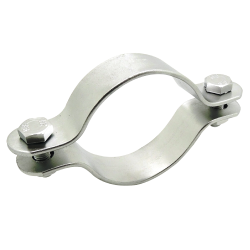
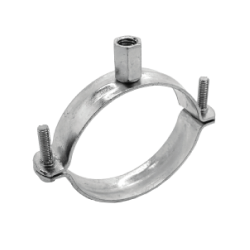
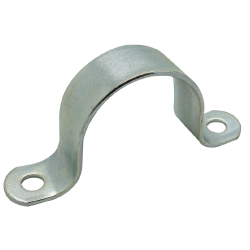
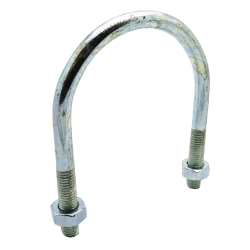
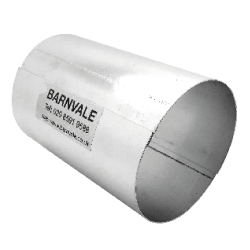
Do Opinions Cost You Money?
Since 2021 it has become more apparent that there is an unfair undercurrent based upon conjecture of why Hardwood pipe support blocks should not be used over Phenolic and Stonewool support blocks. In fact, various companies are focusing on the conjecture and repeating it as fact.
We have enclosed below what we believe are factual explanations as to why consultants and contractors alike, should also seriously review in a positive way, the use of Hardwood support blocks when installing pipework.
1. Aluminium foil wrapping of pipework and components mitigates risk of corrosion under insulation. Aluminium foil is wrapped around tube and components prior to application of insulation materials to mitigate against corrosion under insulation (CUI) issues. The foil acts in two ways, firstly as a physical barrier to moisture and secondly and, more importantly, in an electrochemical manner, as an anode such that the relatively “anodic” aluminium preferentially corrodes with respect to the more noble stainless steel thereby providing protection.
2. Vapour seal is achieved by utilising foil faced wood blocks with and or galvanised sleeve. To achieve sufficient vapour seal connection (typically on CHW, Cold-Water Systems and services in external areas) woodblocks are installed with galvanised sleeves which overhung 25mm to insert lagging into and seal connection with a tape around.
Foil facing protects wood material against moisture. All external services of any size and internal services above DN50 must incorporate combination of foil faced woodblocks and or galvanised metal sleeves.
3. Wooden block prohibition
BS5970: 2021 Figure 12 states that “Wood Blocks should not be used”. It should be noted that Figure 12 is “a preferred option”. The note stating, “should not be used” again is a “PREFERENCE/OPINION” and not a requirement “must not be used?”
British Standards are guidance documents and, as a business we try to adhere to them where practicable. Unfortunately, in general standards are developed in isolation and are not designed to cover “systems”.
BS5970 is purely concentrating on thermal performance without any consideration given to performance of supports under load a period of time or during transportation or lifting. The term “must” identifies a requirement by law at the time of publication.
The term “shall” prescribes a procedure, which it is intended to be complied with, in full and without deviation.
The term “should” prescribes a procedure, which it is intended to be complied with unless, after prior consideration,
deviation is considered equivalent or better. NB BESA TR70 Guidance clearly states that where specific load
calculations for supports are unavailable, alternative supports such as wood
may be acceptable
4. Stone wool and phenolic support blocks also deteriorate in wet environment. The following statement from BS BS5970: 2021 “…wood blocks create greater risk of condensation and thereby deterioration” is not an objective one, and doesn’t reflect other pipe support materials. Disadvantages: • Mineral wool insulation/ block supports will start to sink, compress, and sag as it ages. Mineral wool will not easily dry if it becomes damp or wet. In many cases, the only solution is to remove the wet parts and replace them. This can be time consuming and expensive and is only possible if the insulation/pipe support is exposed to check. • Pinhole or pitting and corrosion problems are common with stainless-steel pipes when insulated with phenolic foam.
5. Wood blocks have superior comprehensive strength in comparison with stone wool and phenolic foam. The real benefit of using wood blocks is that they are durable and have superior compressive strength when compared to other insulation blocks. Due to the rigidity of the hardwood material, it can withstand much higher loads/pressures especially during transportation and lifting of MEP modules and are not subjected to deformation compared with the alternatives (phenolic foam and stone wool) and therefore is often the default for mechanical services where pipe insulation blocks need to bear the load of anchors and fixings. The manufacturer of mineral wool blocks is currently undergoing independent UK CA testing and as such the permissible loading data and comprehensive strength in the UK is not defined.
Compression Strength:
- Wood: 30-60 Mpa*
- Phenolic Foam: 0.32 – 1 Mpa**
- Mineral Wool: 0.05 – 0.08 Mpa***
6. Wood blocks support imposed load without deformation. The principal objective for pipework supports is to be capable of supporting the imposed load without deformation. Due to lack of data for phenolic foam and stone wool support blocks in relation to deformation values under load over time, wood block supports remain the only one material with proven performance overtime therefore mitigating risk of legacy issues on projects. Deformation of support blocks can cause significant pressure on pipework connection therefore create leaks. Compression strength:
7. Hardwood insulation values seem to be the subject of contentious opinions. We know that our Hardwood is 0.0977W/mK and that Phenolic is 0.046W/mK. However, insulation support blocks form a small part of the total amount of any pipework systems surface area, less than 3.5%. Therefore:
Conclusion:
Weighing everything up, Hardwood support blocks become very cost effective.


